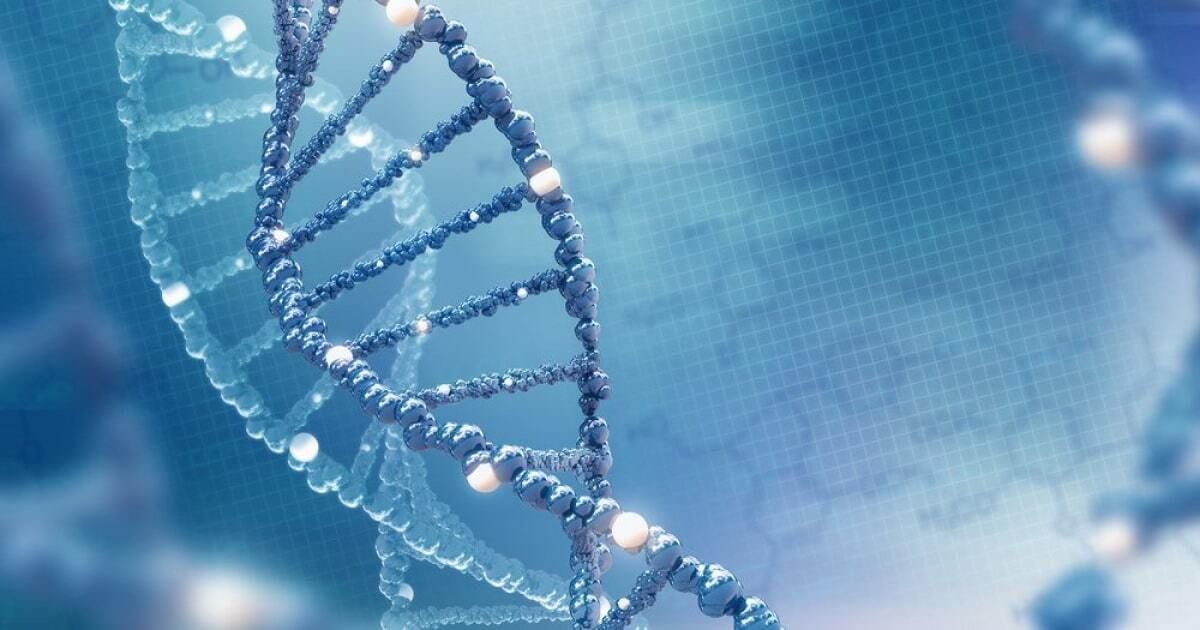Unraveling the Mysteries of Bare Lymphocyte Syndrome Type II: A Comprehensive Guide to Genetic Testing

Expert Reviewed By: Dr. Brandon Colby MD
Bare lymphocyte syndrome (BLS) is a rare genetic disorder characterized by a severe defect in the immune system. Type II BLS, in particular, is caused by mutations in several genes that affect the expression of major histocompatibility complex (MHC) class II molecules. These molecules play a crucial role in the immune system’s ability to recognize and eliminate foreign invaders, such as viruses and bacteria. In this article, we will delve into the specifics of Bare Lymphocyte Syndrome Type II, Complementation Group B, and how genetic testing can help in understanding, diagnosing, and managing this rare condition.
Understanding Bare Lymphocyte Syndrome Type II
As mentioned earlier, BLS Type II is caused by mutations in several genes, including RFXANK, CIITA, and RFX5. These mutations lead to a lack of MHC class II molecules on the surface of antigen-presenting cells (APCs), which are essential for the proper functioning of the immune system. Without MHC class II molecules, the immune system is unable to recognize and respond to foreign invaders, leaving affected individuals vulnerable to recurrent and severe infections.
Expanding the Phenotype: RFXANK-Associated BLS Type II
A recent study published in Neurology: Genetics identified a homozygous loss-of-function mutation in the RFXANK gene, expanding the phenotype associated with the loss of RFXANK to include progressive neurodegenerative disease. This discovery highlights the importance of genetic testing in understanding the full spectrum of BLS Type II and its associated complications.
Diagnosing Bare Lymphocyte Syndrome Type II
Diagnosing BLS Type II can be challenging due to its rarity and the complexity of the immune system. However, genetic testing can play a critical role in confirming the diagnosis. By analyzing the DNA of affected individuals, healthcare providers can identify the specific gene mutations responsible for the condition and determine the appropriate course of treatment.
Novel Variants in CIITA: A Case Report
A case report published in Archives of Pathology documented novel mutations in the CIITA gene of BLS Type II. This report highlights the importance of genetic testing in diagnosing BLS Type II, as well as its potential to contribute to treatment, genetic counseling, and prenatal diagnosis.
Using Genetic Testing for Bare Lymphocyte Syndrome Type II
Genetic testing can be a valuable tool in understanding, diagnosing, and managing BLS Type II. By identifying the specific gene mutations responsible for the condition, healthcare providers can tailor treatment plans to address the unique needs of each individual.
Genetic Counseling and Prenatal Diagnosis
For families affected by BLS Type II, genetic testing can provide valuable information for genetic counseling and prenatal diagnosis. By identifying the specific gene mutations responsible for the condition, healthcare providers can offer guidance on the likelihood of passing the condition on to future generations and discuss the options available for prenatal testing.
Targeted Treatment Strategies
As our understanding of BLS Type II and its associated gene mutations continues to grow, so too does the potential for targeted treatment strategies. For example, a study published in The Journal of Clinical Investigation demonstrated that molecular defects silencing class II structural gene transcription result in a defective APC phenotype. This finding provides evidence for coregulation of functionally linked pathways, which could ultimately lead to the development of targeted therapies for BLS Type II.
In conclusion, genetic testing plays a crucial role in understanding, diagnosing, and managing Bare Lymphocyte Syndrome Type II, Complementation Group B. By identifying the specific gene mutations responsible for the condition, healthcare providers can offer personalized treatment plans, provide genetic counseling, and explore prenatal diagnosis options for affected families. As our understanding of the condition continues to grow, so too does the potential for targeted treatment strategies that could significantly improve the lives of those living with this rare and complex disorder.
About The Expert Reviewer
Dr. Brandon Colby MD is a US physician specializing in the personalized prevention of disease through the use of genomic technologies. He’s an expert in genetic testing, genetic analysis, and precision medicine. Dr. Colby is also the Founder of and the author of Outsmart Your Genes.
Dr. Colby holds an MD from the Mount Sinai School of Medicine, an MBA from Stanford University’s Graduate School of Business, and a degree in Genetics with Honors from the University of Michigan. He is an Affiliate Specialist of the American College of Medical Genetics and Genomics (ACMG), an Associate of the American College of Preventive Medicine (ACPM), and a member of the National Society of Genetic Counselors (NSGC)